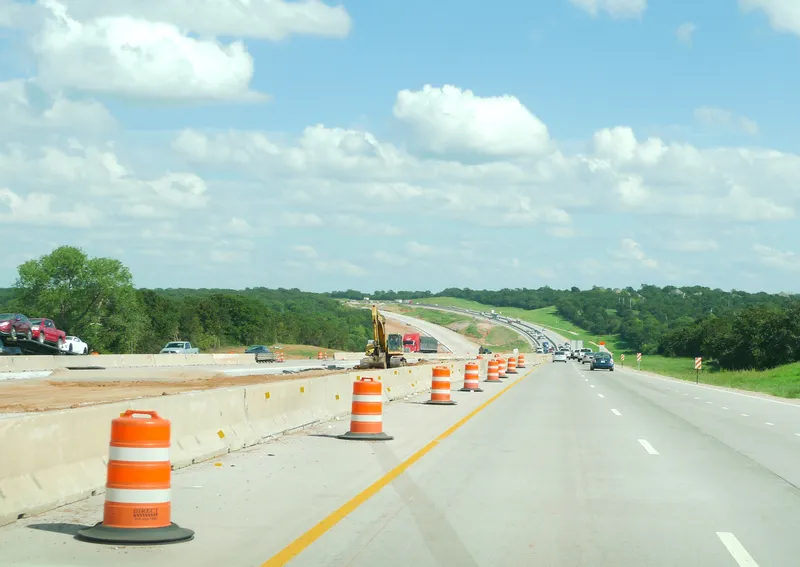Kapsch, ITRI International, Cohda Wireless and Cisco Systems, and Savari Networks have been selected by the Intelligent Transportation Systems Joint Programme Office (ITS JPO) to provide roadside equipment as part of the Connected Vehicle Safety Pilot Programme. The contracts were awarded by the Federal Highway Administration (FHWA) which solicited quotations from suppliers to provide all the necessary equipment, materials, and services for the development and production of the devices. Each of the device
April 23, 2012
Read time: 2 mins
RSS81 Kapsch, ITRI International, Cohda Wireless and 1028 Cisco Systems, and Savari Networks have been selected by the Intelligent Transportation Systems Joint Programme Office (781 ITS JPO) to provide roadside equipment as part of the Connected Vehicle Safety Pilot Programme. The contracts were awarded by the 831 Federal Highway Administration (FHWA) which solicited quotations from suppliers to provide all the necessary equipment, materials, and services for the development and production of the devices. Each of the devices selected by FHWA will be used to send messages such as signal phase and timing, curve speeds etc to vehicles using Dedicated Short Range Communications (DSRC).
The roadside devices are part of the US DOT’s Connected Vehicle Safety Pilot Program, a major research initiative that will test how ordinary drivers in real world driving conditions will respond to wireless safety messages. The drivers will be using vehicles that communicate with each other and will communicate with surrounding infrastructure such as traffic signals and work zones.
The Connected Vehicle Safety Pilot program will start in August 2011 and run though the first half of 2013. There are two components to the programme, Safety Pilot Driver Acceptance Clinics and Safety Pilot Model Deployment. Devices that were awarded contracts will be put on a qualified products list and only those devices can be used in the model deployment. There will be no roadside equipment in the Driver acceptance clinics.
The roadside devices are part of the US DOT’s Connected Vehicle Safety Pilot Program, a major research initiative that will test how ordinary drivers in real world driving conditions will respond to wireless safety messages. The drivers will be using vehicles that communicate with each other and will communicate with surrounding infrastructure such as traffic signals and work zones.
The Connected Vehicle Safety Pilot program will start in August 2011 and run though the first half of 2013. There are two components to the programme, Safety Pilot Driver Acceptance Clinics and Safety Pilot Model Deployment. Devices that were awarded contracts will be put on a qualified products list and only those devices can be used in the model deployment. There will be no roadside equipment in the Driver acceptance clinics.








